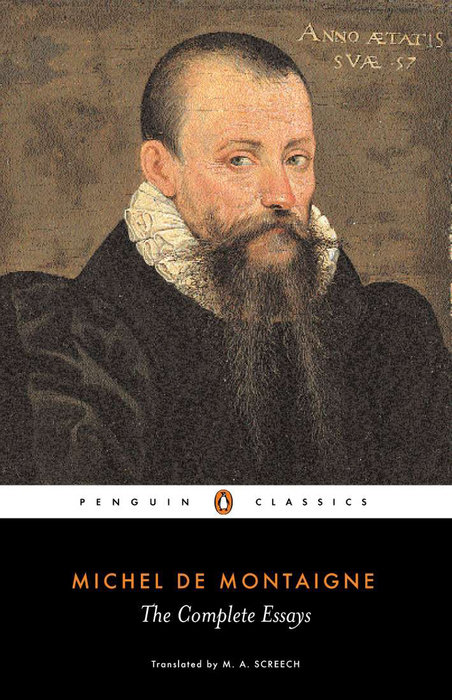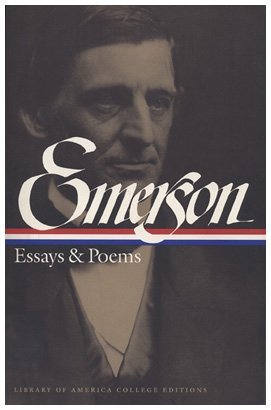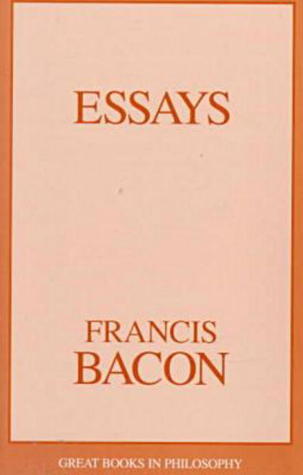
The Complete Essays
Book Description
A mirror reflects not just the face but the soul. Dive into the depths of human experience with Michel de Montaigne’s 'The Complete Essays,' where raw introspection meets striking honesty. Each essay grips you with its fearless exploration of the self—confronting fear, friendship, mortality, and the chaos of life itself. Montaigne invites you on a journey through thoughts that resonate across centuries, challenging conventions and revealing the uncomfortable truths of existence. As the words pulse with a timeless urgency, one question lingers: What does it truly mean to be human?
Quick Book Summary
Michel de Montaigne’s "The Complete Essays" is a milestone in philosophical writing, pioneering the personal essay as a means of exploring human experience. Across a wide array of topics, Montaigne adopts an introspective lens—examining friendship, mortality, philosophy, ethics, society, and the shifting nature of truth. His candid style, marked by skepticism and self-doubt, challenges readers to question their assumptions and embrace uncertainty. With wit and humility, Montaigne dissects the nuances of daily life and the limitless variability of individuals, ultimately suggesting that self-knowledge is the foundation for broader understanding. His essays, deeply personal yet universally resonant, offer timeless reflections on what it means to be human.
Summary of Key Ideas
Table of Contents
Self-Examination and the Nature of the Self
Montaigne’s essays revolutionized the act of self-exploration. Rather than presenting dogmatic truths, he uses his own experiences and inner conflicts as a means of understanding the broader human condition. Through candid admissions of faults, doubts, and habits, Montaigne exemplifies the value of self-examination. This introspection is not narcissistic; rather, he believes knowing oneself is the necessary first step for knowing others and the world. By holding up a mirror to himself, Montaigne encourages every reader to confront their own complexities, prejudices, and contradictions.
Skepticism and the Limits of Knowledge
Skepticism permeates Montaigne’s writing. Influenced by classical philosophy, especially Pyrrhonism, he questions the possibility of certain knowledge. Montaigne sees belief as provisional, shaped by custom, habit, and individual perspective. He challenges dogmatism, urging tolerance and humility in the face of uncertainty. This skeptical stance allows him to appreciate the diversity of thought and culture, and it opens the door to continuous learning. Montaigne’s essays suggest that embracing doubt fosters intellectual openness and a deeper compassion for others.
Friendship, Society, and Human Relations
Human relationships are among Montaigne’s central themes, explored with nuance and sensitivity. Friendship, for him, is a rare and profound connection, offering a test of authenticity and trust. He contrasts true friendship with common social bonds, emphasizing sincerity over utility or convention. Montaigne also grapples with themes of love, loyalty, and the complexities of interpersonal dynamics, all while acknowledging the tensions inherent in living within a society. His observations on the social world reveal both its necessity and its many pitfalls.
Mortality and the Fear of Death
Mortality is a persistent undercurrent in the essays. Montaigne confronts the fear of death not as a distant abstraction but as an everyday reality. Drawing on personal losses and philosophical inquiry, he suggests that accepting the inevitability of death brings clarity and purpose to life. He advocates for a calm, rational attitude toward mortality, freeing individuals from paralyzing fear and encouraging them to live fully. For Montaigne, contemplating death is not morbid but liberating, offering wisdom about what truly matters.
Custom, Culture, and Relativity of Values
Montaigne insists that cultural norms and values are relative, shaped by history, geography, and circumstance. He critiques ethnocentrism and warns against blindly following customs. By exposing the arbitrariness of cultural practices, Montaigne encourages readers to adopt a more open-minded and empathetic stance toward difference. Through examples from travel and history, he invites readers to question the ‘naturalness’ of their own beliefs and to empathize with those outside their experience. This theme underscores the universality and diversity of the human experience.
Download This Summary
Get a free PDF of this summary instantly — no email required.





